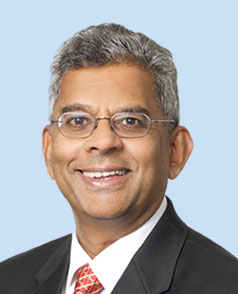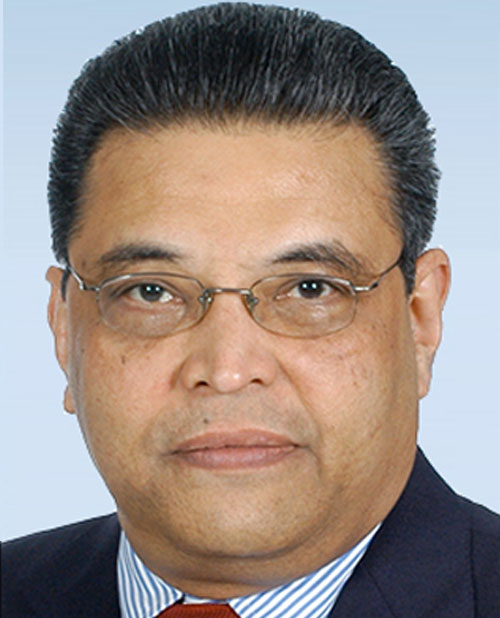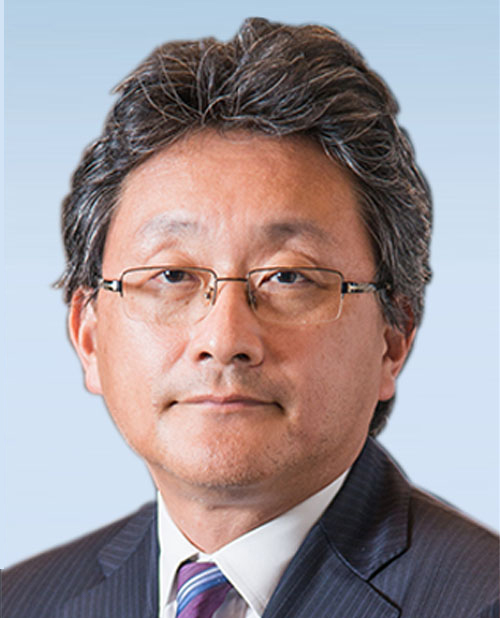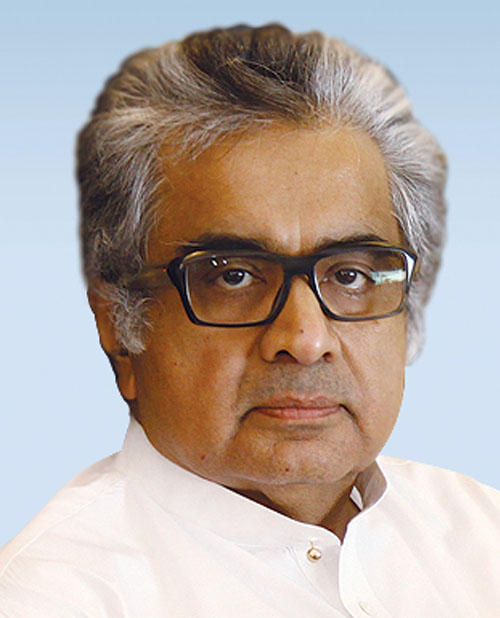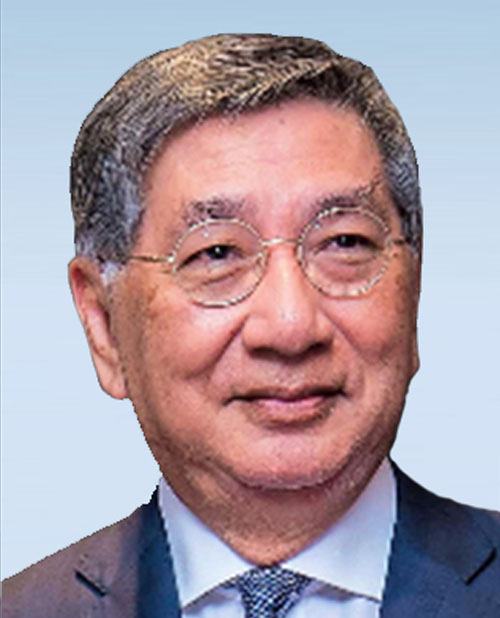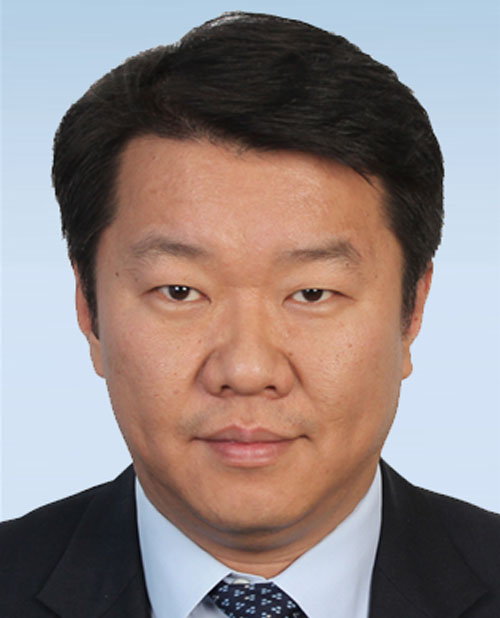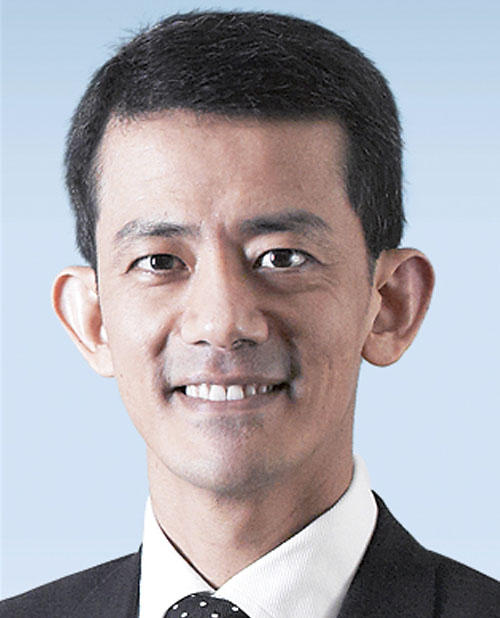Arbitrators
Code of Ethics for Arbitrators
| 1. | Independence and Impartiality | ||||
| 1.1 | All arbitrators shall be independent and impartial, and shall sign the Statement of Acceptance, Independence, Impartiality, and Availability for Arbitrators (the “Statement of Acceptance”) enclosed to this Code of Ethics, prior to their appointment, confirming that they are and shall remain independent and impartial for the duration of the arbitration with respect to each of the parties, each party’s representatives, any relevant third parties, and any other arbitrators. | ||||
| 1.2 | An arbitrator shall decline an appointment or, if the arbitrator has been appointed, refuse to continue to act as an arbitrator, if the arbitrator has any doubt as to his or her ability to be impartial or independent. | ||||
| 2. | Disclosure | ||||
| 2.1 | Prior to their appointment, prospective arbitrators shall:
| ||||
| 2.2 | After their appointment, arbitrators have a continuing obligation to immediately disclose in writing to the Registrar, the parties, and the other arbitrators any circumstances which may give rise to justifiable doubts as to their impartiality or independence. | ||||
| 2.3 | Any doubt as to whether a circumstance should be disclosed shall be resolved in favour of disclosure. | ||||
| 3. | Availability | ||||
| 3.1 | Prospective arbitrators shall accept an appointment only if they are fully satisfied that they are able to dedicate the time and attention required to conduct the arbitration diligently and efficiently and in accordance with any timelines prescribed under the applicable SIAC Rules. | ||||
| 3.2 | Prospective arbitrators aware of any constraints on their availability or commitments which may affect their ability to discharge their duties diligently and efficiently if appointed, shall, without breaching any existing confidentiality obligations, disclose in writing to the Registrar in the Statement of Acceptance, the details of such constraints on their availability or commitments. | ||||
| 3.3 | After their appointment, arbitrators have a continuing obligation to inform the Registrar, the parties, and the other arbitrators, of any circumstances which may affect their ability to discharge their duties and mandate as an arbitrator diligently and efficiently. | ||||
| 3.4 | By accepting an appointment, prospective arbitrators confirm that they understand that the Registrar will take into account the diligence and efficiency in the conduct of the arbitration in determining the fees payable to an arbitrator. | ||||
| 4. | Communications | ||||
| 4.1 | A candidate for appointment as party-nominated arbitrator may have ex parte communications relating to the arbitration with a nominating party or party representative only to:
| ||||
| 4.2 | After appointment, party-nominated arbitrators may have ex parte communications relating to the arbitration with a nominating party or party representative only for the purpose of discussing the suitability of candidates for selection as the presiding arbitrator where the parties or party-nominated arbitrators are, by agreement of the parties, to participate in that process. | ||||
| 4.3 | A party or its representative shall not engage in any ex parte communications relating to the arbitration with any candidate for presiding arbitrator. | ||||
| 4.4 | After the constitution of the tribunal, a party or its representative shall not engage in any ex parte communications relating to the arbitration with any arbitrator. | ||||
| 4.5 | All communications exchanged between the parties and the tribunal must be copied to the SIAC Secretariat. | ||||
| 5. | Fees | ||||
| 5.1 | In accepting an appointment, arbitrators agree to receive only the remuneration determined by the Registrar in accordance with the applicable rules and Schedule of Fees, and as paid by SIAC. | ||||
| 5.2 | An arbitrator shall not make any separate arrangements with any of the parties or their representatives in respect of any fees or expenses payable to the tribunal or an arbitrator. | ||||
| 5.3 | All matters relating to arbitrators’ fees and expenses shall be dealt with in accordance with the Practice Note on cases administered by SIAC under the SIAC Rules (PN – 01/25, 1 January 2025). | ||||
| 6. | Confidentiality | ||||
| 6.1 | Unless otherwise agreed by the parties, arbitrators shall be under a continuing obligation to treat all matters relating to the proceedings as confidential, including the existence of the arbitration, the deliberations of the tribunal, the pleadings, evidence, submissions, and all other materials and written communications produced and submitted by the parties in the arbitration, and any decision, ruling, order, or award. Arbitrators shall not, at any time, use confidential information acquired during the proceedings for any purpose other than the discharge of their duties as an arbitrator. | ||||
| 7. | Assistance to the Tribunal | ||||
| 7.1 | By accepting an appointment, arbitrators agree to be bound by the Practice Note on the appointment of Tribunal Secretaries (PN – 02/25, 1 January 2025). | ||||
| 8. | General Provisions | ||||
| 8.1 | In this Code of Ethics, “Registrar” means the Registrar of the Court of Arbitration of SIAC and includes any Deputy Registrar. | ||||
| 8.2 | This Code of Ethics is not intended to provide grounds for the setting aside of any award. |
















